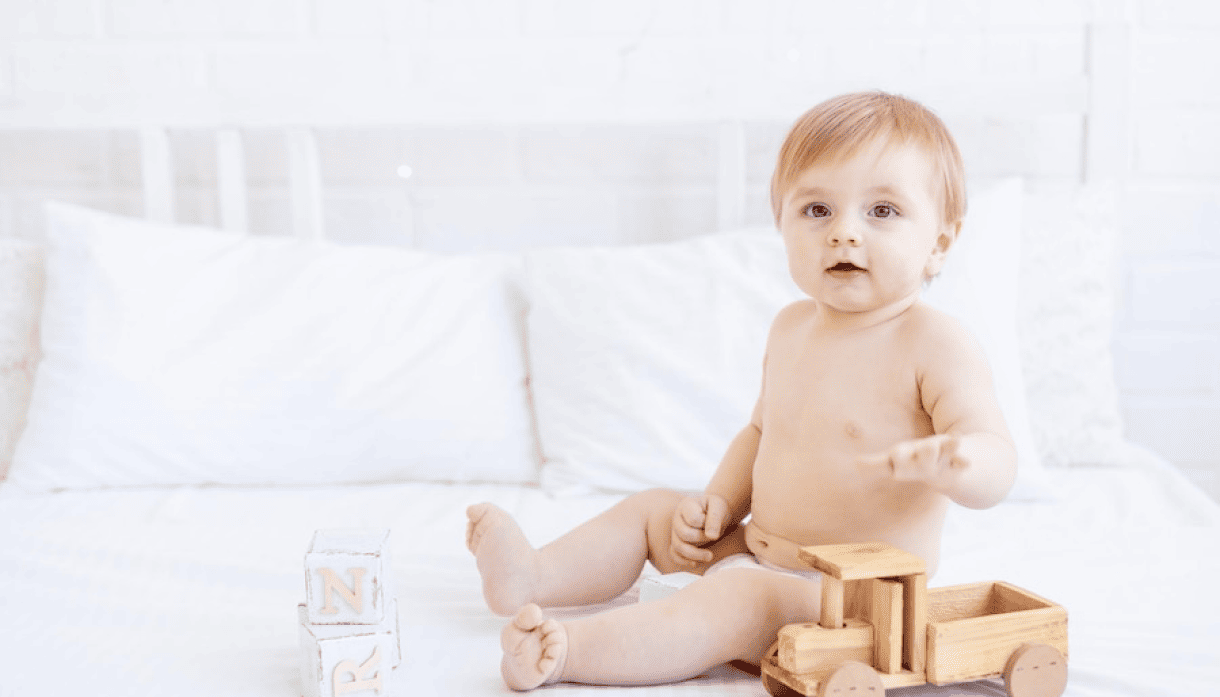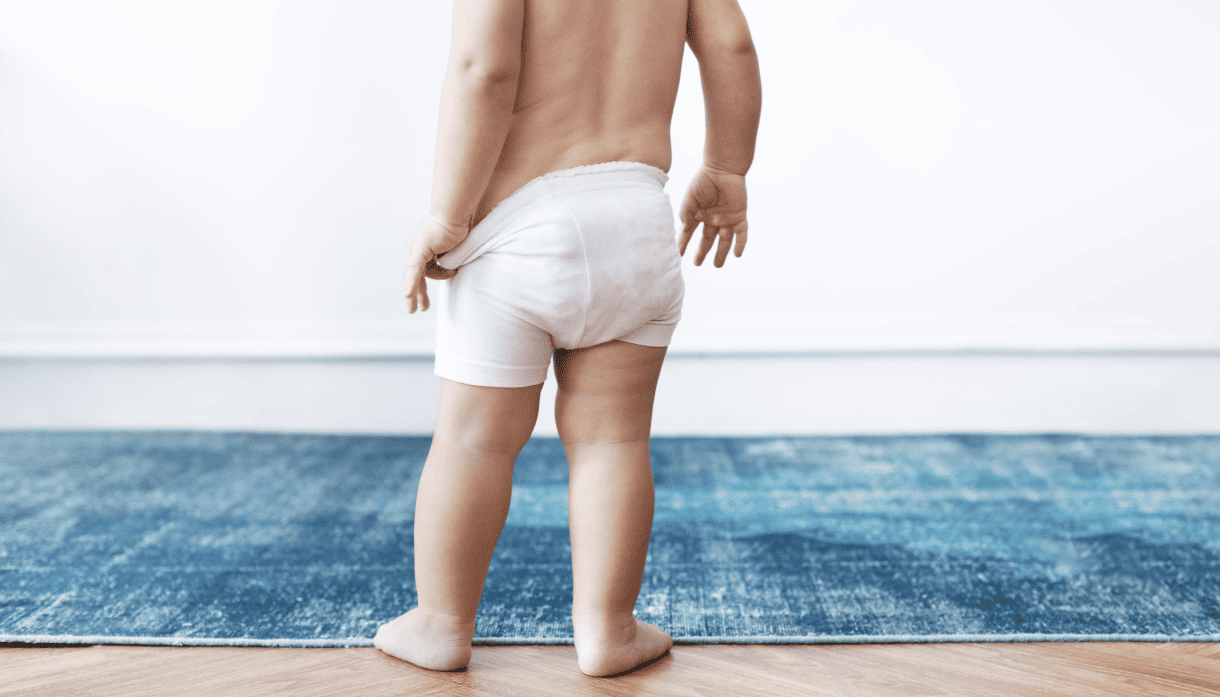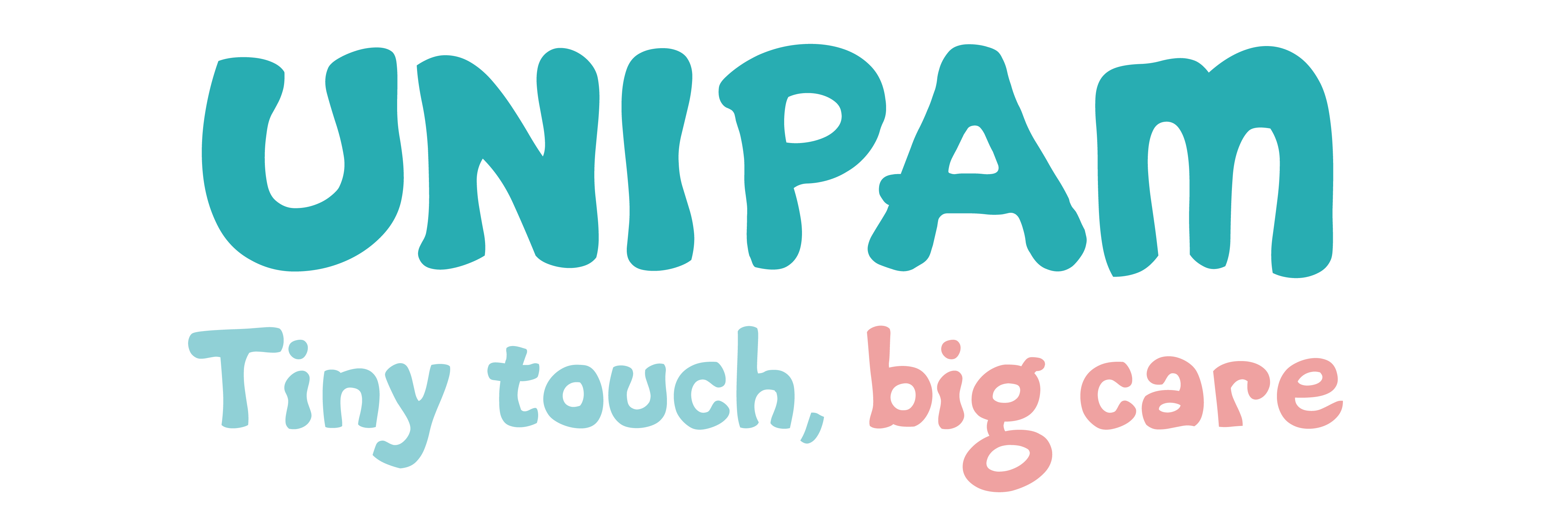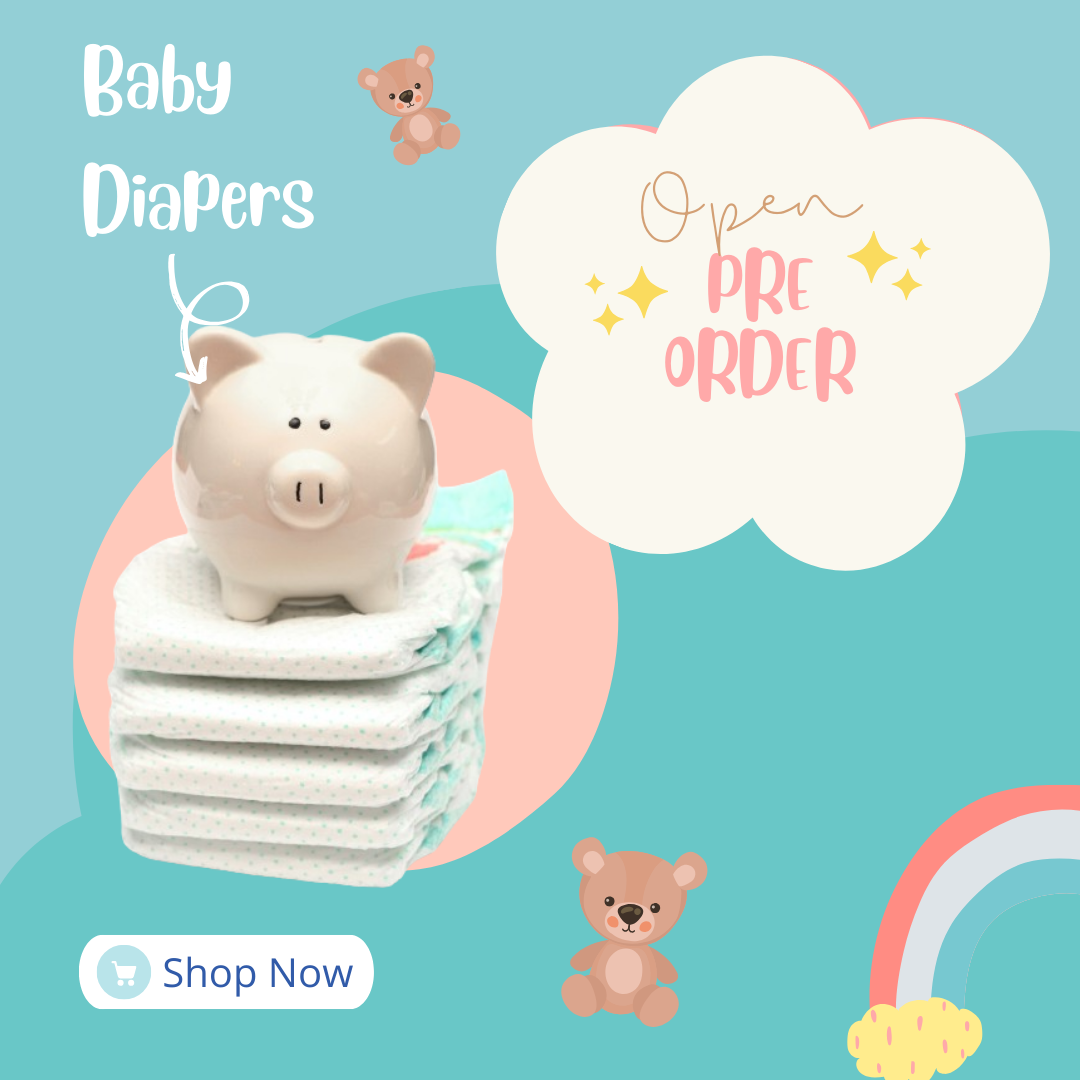اختيار الحق baby diapers is a crucial decision for new parents. مع الكثير من الخيارات المتاحة, picking the right one for your newborn can seem overwhelming. From different sizes, مواد, and brands to understanding your baby’s unique needs, finding the perfect baby diapers requires careful consideration. This guide will walk you through seven essential tips to help you make the best choice, ensuring comfort and care for your little one.
1. Understand the Different Types of Diapers
Before diving into specific brands or products, it’s important to understand the various types of diapers available. Each type has its pros and cons, and knowing these can help you make an informed decision.
أ. Disposable Diapers
Disposable diapers are convenient and widely popular among parents. They come pre-packaged and are designed for single use. Once soiled, they can be easily removed and disposed of. Disposable diapers are generally more absorbent than cloth options and require no washing, making them ideal for busy parents.

Pros:
- High absorbency.
- Easy to use and dispose of.
- Minimal laundry.
Cons:
- Can be expensive over time.
- Environmental impact due to waste.
ب. Cloth Diapers
Cloth diapers are a more eco-friendly option and can be reused after washing. They are available in various materials, such as cotton, bamboo, and microfiber, providing parents with plenty of choices. Cloth diapers often require more effort in terms of cleaning and maintenance but can be more cost-effective in the long run.
Pros:
- Environmentally friendly.
- Cost-effective over time.
- Soft and breathable materials.
Cons:
- More time-consuming to wash and dry.
- Requires an initial investment in multiple diapers.
ج. Hybrid Diapers
Hybrid diapers combine the benefits of both disposable and cloth options. They usually consist of a reusable outer cover and disposable inserts. This option offers flexibility, allowing parents to choose between disposables or cloth inserts based on their needs.
Pros:
- Versatile and convenient.
- Less laundry compared to full cloth options.
Cons:
- More expensive than traditional cloth diapers.
- Inserts may not be as absorbent as full disposables.
2. Consider the Size
Choosing the right size is essential for ensuring a comfortable fit for your newborn. Diapers come in various sizes, typically ranging from newborn to toddler. It’s crucial to select a size that fits your baby’s weight and body shape.
أ. Newborn Size
Most brands offer a specific newborn size for babies weighing up to 10 pounds. If your baby is born prematurely or has a low birth weight, look for brands that offer preemie sizes. A well-fitting diaper will help prevent leaks and keep your baby comfortable.
ب. Transitioning Sizes
As your baby grows, they will likely outgrow their newborn diapers. Be prepared to transition to larger sizes as needed. Pay attention to weight guidelines provided by the manufacturer to ensure you are using the appropriate size.
3. Check the Material
The material of the diaper plays a significant role in your baby’s comfort and skin health. Newborn skin is sensitive, so it’s essential to choose materials that are soft and hypoallergenic.
أ. Absorbent Core
Most disposable diapers contain an absorbent core made from materials such as cellulose or super absorbent polymers (SAP). These materials help wick moisture away from your baby’s skin, keeping them dry and comfortable.
ب. Outer Layer
The outer layer of the diaper should be breathable and prevent leaks. Look for diapers with a waterproof outer layer made from materials like polyethylene or polypropylene. Some brands offer additional features such as wetness indicators, which change color when the diaper is wet.
ج. Hypoallergenic Options
For babies with sensitive skin or a history of diaper rash, consider hypoallergenic diaper options. These diapers are typically free from fragrances, dyes, and harmful chemicals, reducing the risk of irritation.
4. Evaluate Absorbency

Absorbency is a crucial factor in choosing the perfect diaper. Newborns have small bladders and may urinate frequently, so selecting a diaper with excellent absorbency is essential to keep your baby dry and comfortable.
أ. Overnight Diapers
If you plan to use diapers overnight, consider investing in overnight diapers specifically designed for extended wear. These diapers usually have a higher absorbency capacity, preventing leaks and allowing your baby to sleep peacefully through the night.
ب. Daytime Use
For daytime use, a standard diaper may suffice. However, pay attention to the absorbency levels advertised by the manufacturer, as some brands excel in daytime absorbency while others may not.
5. Look for Comfort Features
Comfort is paramount when it comes to choosing diapers for your newborn. Look for features that enhance comfort and fit, ensuring your baby can move freely without irritation.
أ. Softness
The diaper’s inner lining should be soft against your baby’s delicate skin. Avoid rough materials that can cause chafing or discomfort. Some brands offer additional features like lotion-infused linings for added softness and moisture protection.
ب. Stretchy Waistbands and Leg Cuffs
Diapers with stretchy waistbands and leg cuffs provide a better fit, preventing leaks while allowing your baby to move freely. Look for adjustable tabs or elastic leg openings that conform to your baby’s shape, ensuring comfort and leak protection.
6. Consider Your Budget
Budgeting for diapers is essential, as the cost can add up quickly. While it’s important to choose high-quality diapers for your newborn, it’s also wise to consider your budget and explore options that fit your financial situation.
أ. Compare Prices
Take the time to compare prices between different brands and types of diapers. Some stores offer bulk purchasing options or subscription services that can save you money in the long run.
ب. Look for Discounts and Coupons
Many brands provide discounts or coupons for new customers. Keep an eye out for promotions, especially during diaper sales events or holidays, to help reduce your expenses.
7. Try Different Brands
Every baby is unique, and what works for one may not work for another. Don’t hesitate to try different brands and styles of diapers to find the perfect fit for your newborn.
أ. Sample Packs
Many diaper brands offer sample packs, allowing you to try out various options before committing to a larger purchase. This is a great way to discover which brands your baby prefers without overspending.
ب. Listen to Recommendations
Don’t hesitate to seek recommendations from other parents or caregivers. Online parenting forums and social media groups can provide valuable insights and experiences regarding different diaper brands and types.
خاتمة
Choosing the perfect baby diapers for your newborn is an essential part of keeping your baby comfortable and happy. By considering the different types of baby diapers, selecting the right size, and focusing on absorbency and comfort, you can ensure your baby stays dry and irritation-free. With these seven essential tips, you’ll be well-prepared to make the best decision for your baby’s diapering needs.
FAQs on Baby Diapers
- How many baby diapers will my newborn need? Newborns typically require 10 ل 12 baby diapers per day. Stocking up in advance can be helpful, especially during the first few weeks.
- What should I do if my baby has diaper rash? If your baby develops a rash, switch to hypoallergenic baby diapers, change them more frequently, and use a gentle diaper cream.
- Can I use cloth baby diapers for overnight? نعم, you can use cloth baby diapers overnight. Consider using additional inserts for extra absorbency.
- Are biodegradable baby diapers worth it? Biodegradable baby diapers are eco-friendly, but they tend to be more expensive. They’re a good option if you’re concerned about environmental impact.
By following these essential tips, you’ll feel confident in selecting the best baby diapers for your newborn, تحضير diapering a smooth and stress-free experience for both you and your baby.


